51 pages • 1 hour read
Jodi PicoultThe Book of Two Ways
Fiction | Novel | Adult | Published in 2020A modern alternative to SparkNotes and CliffsNotes, SuperSummary offers high-quality Study Guides with detailed chapter summaries and analysis of major themes, characters, and more.
Important Quotes
“One of the questions I ask my clients is What’s left unfinished? What is it you haven’t done yet, that you need to do before you leave this life? [...] For me, it’s this. This dust, this tooth-jarring ride, this bone-bleached ribbon of landscape.”
(Chapter 1, Page 11)
Dawn Edelstein has arrived at the airport in Cairo. Egypt is her past, and Dawn is there to confront it and make some decisions. She needs to tell Wyatt about Meret, but she is also there to face the life left behind and see if it is the life she wants to lead in the future. Her immediate connection to the landscape illustrates her deep, visceral connection to Egypt and her work there. Picoult intersperses rhetorical questions with statements to vary the prose. She repeats “this” for emphasis and to create a sense of lyricism: “For me, it’s this. This dust, this tooth-jarring ride, this bone-bleached ribbon of landscape” (emphasis added).
“There are some feelings that the English language just doesn’t fully capture. An emotion like grief spills over the confines of those five letters. The word joy feels too compact, stunted, for what it evokes. How can you even put into words the confession that you made a mistake, that you want to turn back time and try again? How do you say it without hurting the people who have been sitting across from you at the breakfast table for fifteen years, who know your Starbucks order and which side of the bed to leave you at a hotel?”
(Chapter 1, Page 32)
Dawn is faced with a difficult decision. Although she loves Wyatt Armstrong, she does not want to hurt Brian or negate the years they have spent together. Picoult frequently ruminates on The Power of Words as well as their limitations, a recurring theme in the novel. Here she highlights language’s inadequacy in the face of complex emotions, and the difficulty of talking about relationships with deep history.
Related Titles
By Jodi Picoult

A Spark of Light
Jodi Picoult

Between the Lines
Jodi Picoult, Samantha van Leer

Handle With Care
Jodi Picoult

House Rules
Jodi Picoult
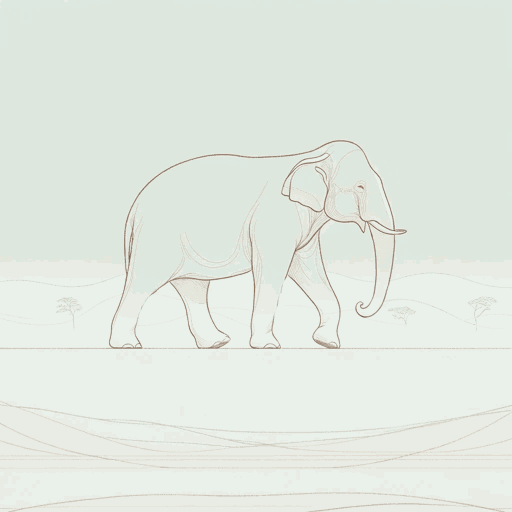
Leaving Time
Jodi Picoult

Mad Honey
Jodi Picoult, Jennifer Finney Boylan
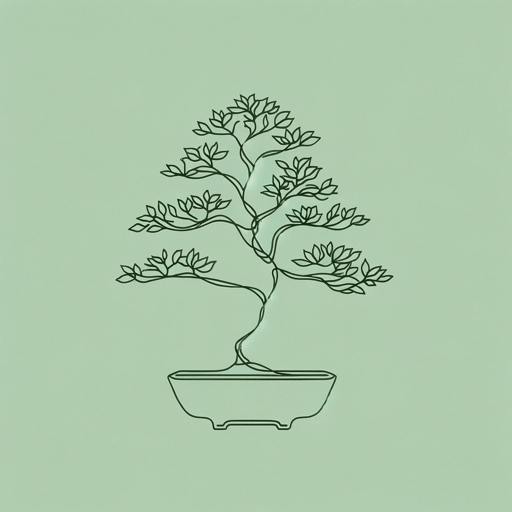
Mercy
Jodi Picoult
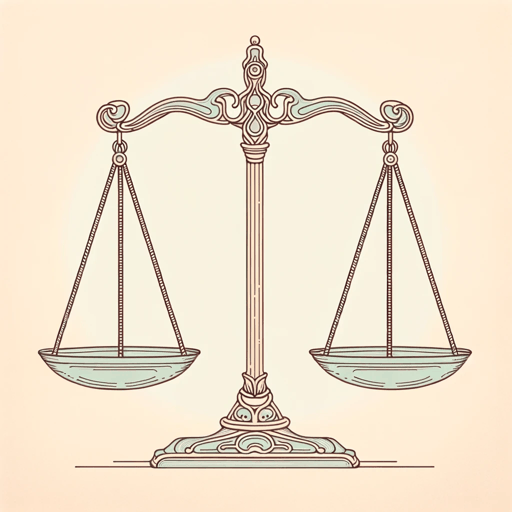
My Sister's Keeper
Jodi Picoult

Nineteen Minutes
Jodi Picoult

Plain Truth
Jodi Picoult

Salem Falls
Jodi Picoult
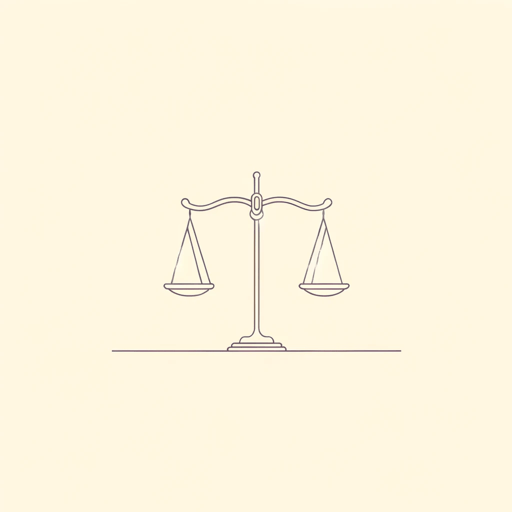
Small Great Things
Jodi Picoult

The Pact
Jodi Picoult

The Storyteller
Jodi Picoult

The Tenth Circle
Jodi Picoult
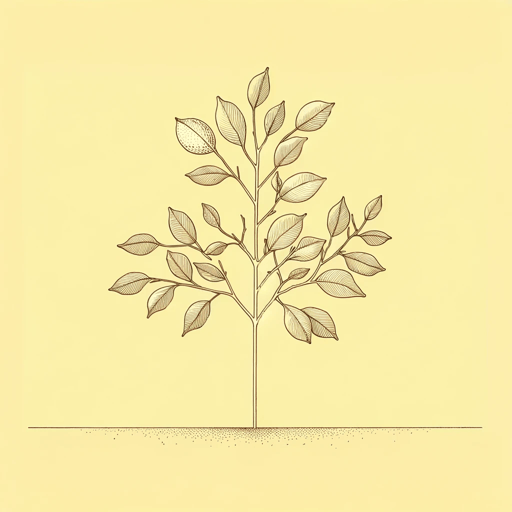
Vanishing Acts
Jodi Picoult
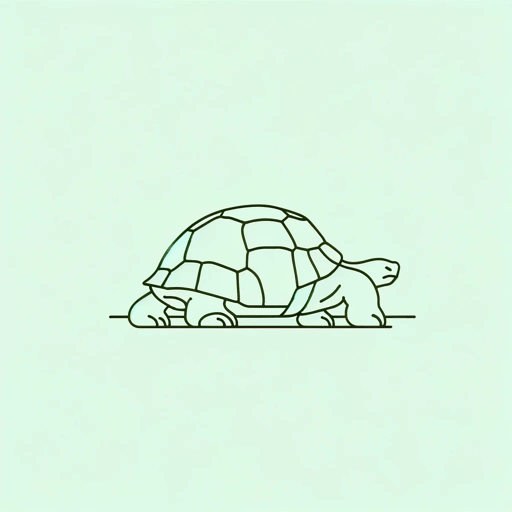
Wish You Were Here
Jodi Picoult

